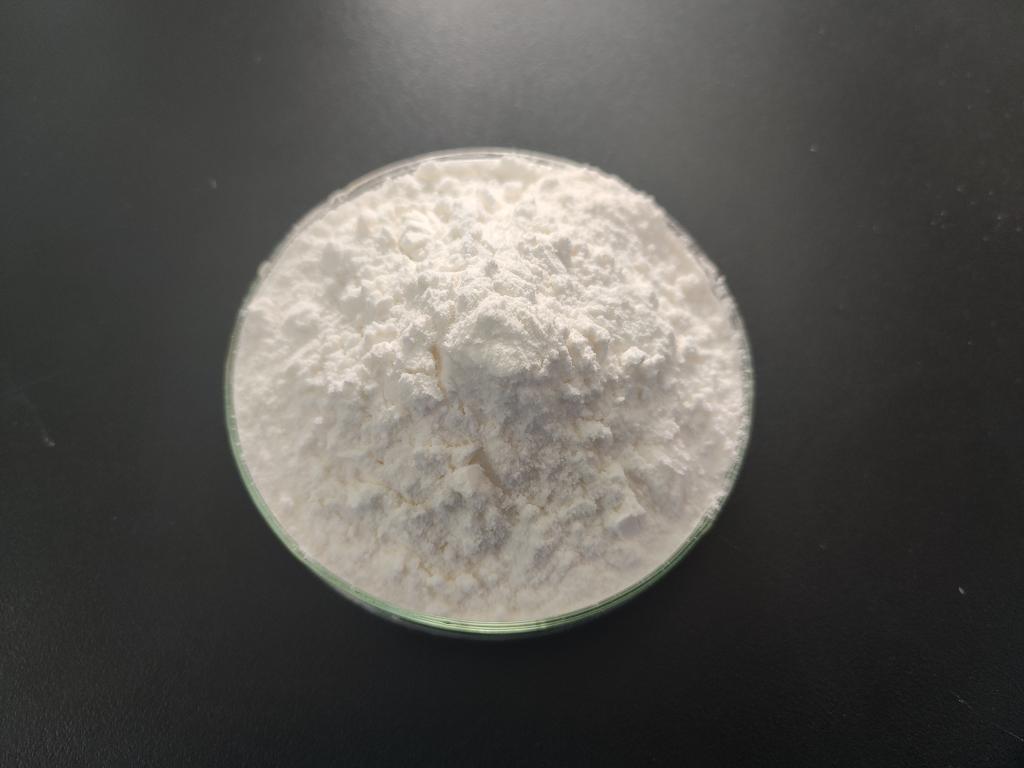Tel:+8618231198596

News
 CONTACT
CONTACT
 CONTACT
CONTACT
- Linkman:Linda Yao
- Tel: +8618231198596
- Email:linda.yao@dcpharma.cn
- Linkman:CHARLES.WANG
- Department:Overseas
- Tel: 0086 0311-85537378 0086 0311-85539701
News
Exploring ε-Polylysine hydrochloride's applications in cosmetic and personal care products.
TIME:2024-05-10
Antimicrobial Properties of ε-PL-HCl:
ε-PL-HCl exhibits potent antimicrobial activity against a wide range of microorganisms, including bacteria, fungi, and viruses. Its ability to disrupt microbial cell membranes and inhibit essential cellular processes makes it an effective antimicrobial agent for cosmetic and personal care products. Furthermore, ε-PL-HCl has demonstrated low toxicity and minimal irritation potential, making it suitable for use in skincare, haircare, and oral care formulations.
Mechanisms of Action:
The antimicrobial activity of ε-PL-HCl is mediated primarily through its interaction with microbial cell membranes. As a cationic peptide, ε-PL-HCl binds to negatively charged components of microbial cell membranes, leading to membrane disruption and leakage of intracellular contents. Additionally, ε-PL-HCl may interfere with essential cellular processes, such as DNA replication and protein synthesis, further contributing to its antimicrobial effects. These mechanisms of action make ε-PL-HCl an effective preservative and antimicrobial agent for cosmetic and personal care products.
Applications in Skincare Products:
In skincare products, ε-PL-HCl can be used as a natural preservative to inhibit the growth of harmful microorganisms and extend product shelf life. Additionally, ε-PL-HCl's antimicrobial properties make it suitable for use in acne treatments, cleansers, and moisturizers targeting microbial skin infections and acne-prone skin.
Applications in Haircare Products:
In haircare products, ε-PL-HCl can help maintain scalp health and prevent microbial infections, such as dandruff and scalp odor. It can be incorporated into shampoos, conditioners, and scalp treatments to enhance product efficacy and safety.
Applications in Oral Care Products:
In oral care products, ε-PL-HCl can inhibit the growth of oral bacteria responsible for dental caries, periodontal disease, and bad breath. It can be included in toothpaste, mouthwash, and dental floss to promote oral hygiene and prevent oral infections.
Current Research and Future Prospects:
Research on ε-PL-HCl's applications in cosmetic and personal care products is ongoing, with efforts focused on optimizing formulations, evaluating safety profiles, and exploring novel delivery systems. Future research directions may include conducting clinical studies to assess the efficacy of ε-PL-HCl-containing products in various consumer populations and infection settings.
Conclusion:
ε-Polylysine hydrochloride holds promise as a natural and effective antimicrobial agent for use in cosmetic and personal care products. Its antimicrobial properties, mechanisms of action, and benefits for skincare, haircare, and oral care products make it a valuable ingredient for enhancing product safety and efficacy. Continued research and innovation are essential to fully realize the potential of ε-PL-HCl in the cosmetic and personal care industry.
- Tel:+8618231198596
- Whatsapp:18231198596
- Chat With Skype







